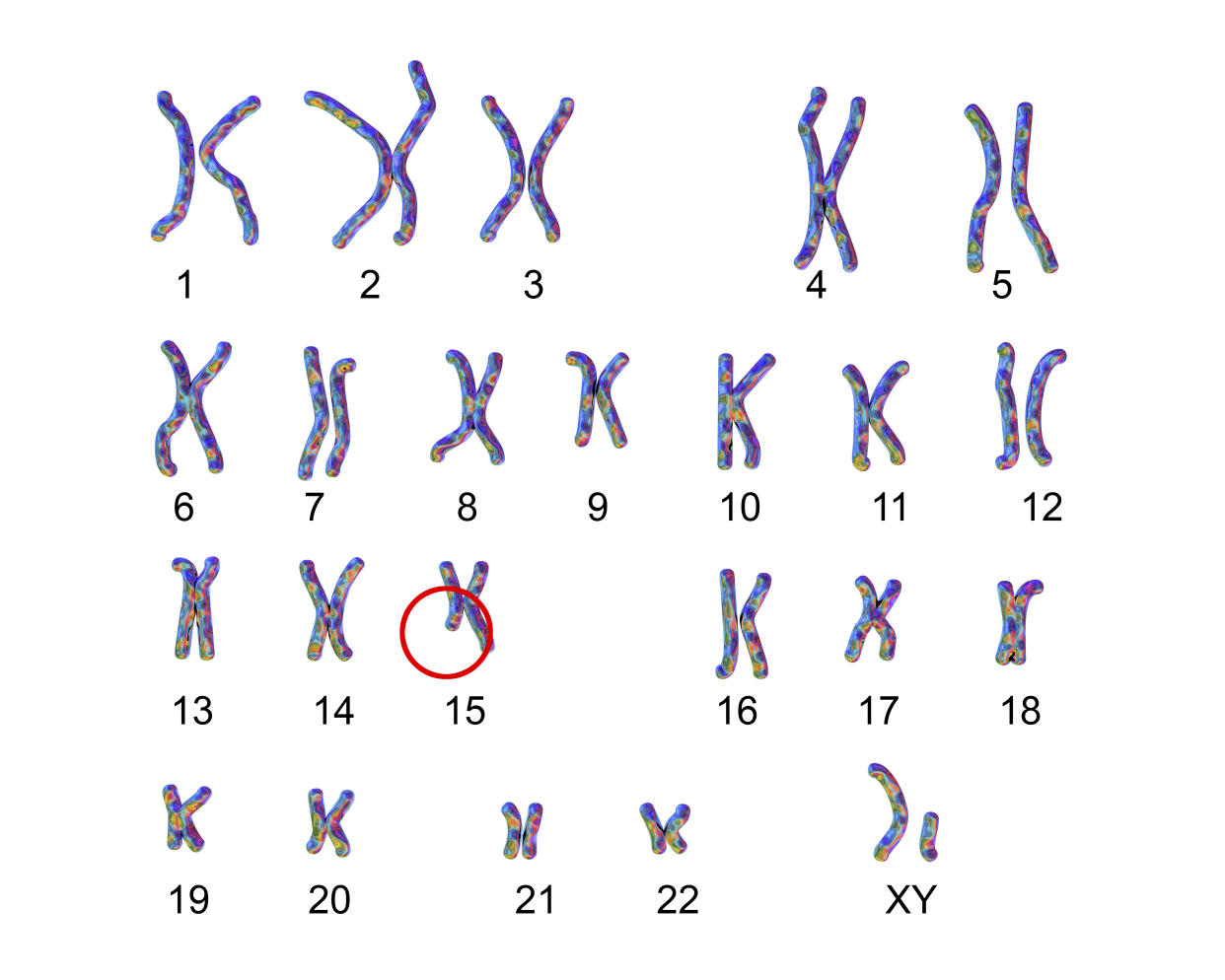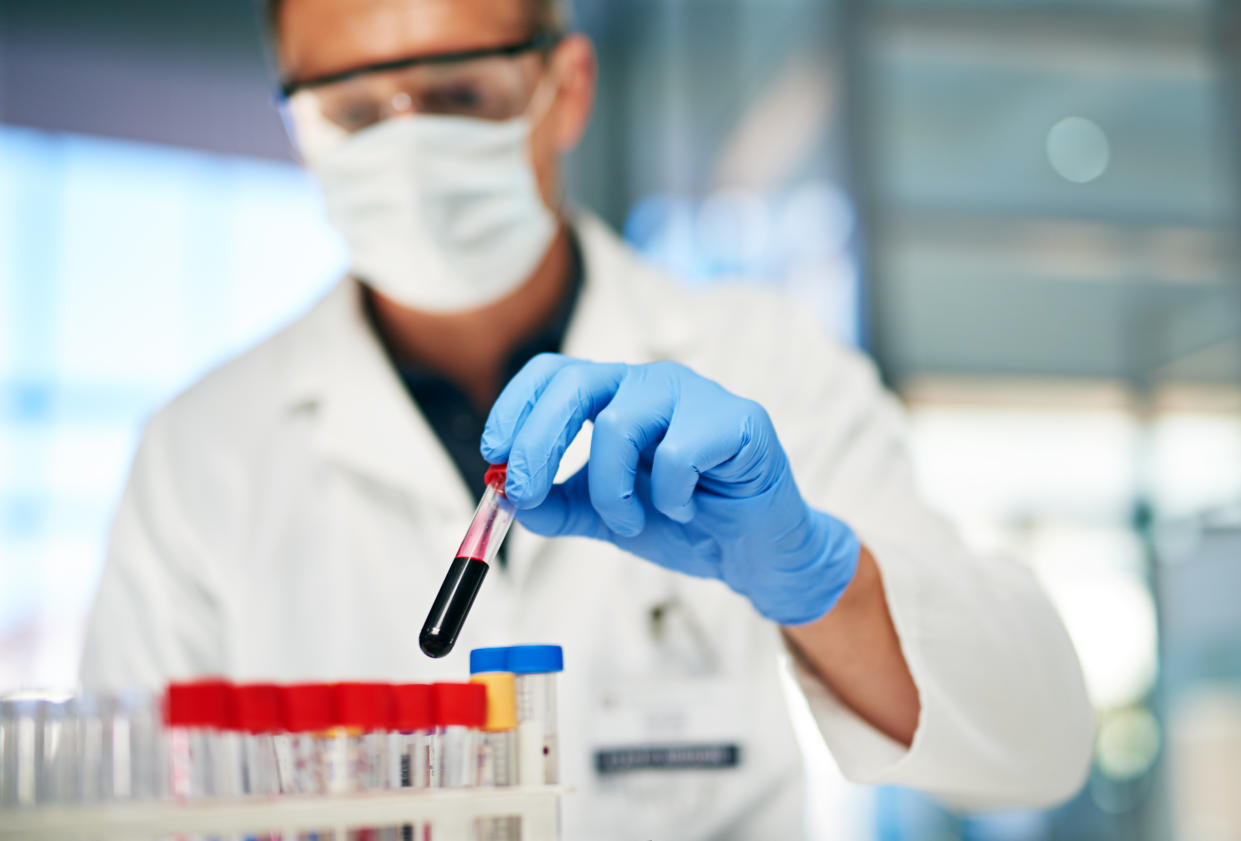What is Angelman syndrome? Colin Farrell starts foundation in honour of son

Colin Farrel has launched a new foundation that will support adult children who have intellectual disabilities, as he opened up about his son James Farrell for the first time.
The Banshees of Inisherin actor, 48, shares James with ex-girlfriend Kim Bordenave. James, 20, has a rare neurogenetic disorder called Angelman syndrome.
Speaking to People magazine, Farrell said that the foundation was born from his desire to "do something in the realm of providing greater opportunities for families who have a child with special needs, to receive the support that they deserve, basically the assistance in all areas of life".
"This is the first time I’ve spoken about it, and obviously the only reason I’m speaking is I can’t ask James if he wants to do this," the Golden Globe Award recipient said.
Farrell went on to explain that he isn’t able to "discern a particular answer from [James]" about whether he’d be comfortable speaking about his condition and the foundation, adding: "So I have to make a call based on knowing James’s spirit and what kind of young man he is and the goodness that he has in his heart."
Angelman syndrome is a rare condition that occurs in one in every 20,000 births. Here’s everything you need to know about it:
What causes Angelman syndrome?

Angelman syndrome is a rare neuro-genetic disorder, caused by several types of disruptions of a region of Chromosome 15, all involving a single gene, UBE3A.
According to the Angelman UK charity, the gene UBE3A is responsible for the basic maintenance of cells. Children usually get two copies of this gene, one from each parent, but in these cases, only the gene from the mother is active.
The condition was first identified in 1965 by British doctor Harry Angelman, who noticed similar traits between three unrelated patients who were previously undiagnosed.
Angelman syndrome affects the nervous system and causes severe physical and learning disabilities. While a person with Angelman syndrome can have a normal life expectancy, they will need support throughout their life.
Signs and symptoms of Angelman syndrome
Characteristics of Angelman syndrome include walking and balance difficulties, seizures, little to no speech, and gastrointestinal issues, as well as a happy and excitable demeanour.
Children with Angelman syndrome usually begin to show signs of delayed development at around six to 12 months of age, according to the NHS. This can include being unable to sit without being supported or make babbling noises.
As they get older, they may not speak at all or may only be able to say a few words. However, most children can communicate through gestures, signs or other systems.

They are also likely to display difficulties with movement, such as being unable to walk due to issues with balance and coordination, and jerky movements.
Distinctive behaviours associated with Angelman include:
Frequent laughter and smiling
Being easily excitable
Being restless
Having a short attention span
Trouble sleeping and needing less sleep than other children
Fascination with water
Other possible features include:
Tendency to stick the tongue out
Crossed eyes
Skin, hair and eyes that are paler than other family members
A wide mouth with widely spaced teeth
Side-to-side curvature of the spine (scoliosis)
Walking with arms in the air
Difficulties sucking and swallowing
Seizures or fits
The NHS adds that by the age of two, a small head that may be flat at the back - known as microbrachycephaly, may be noticeable in some children with Angelman syndrome.
How is Angelman syndrome diagnosed?

A blood test is used to confirm a diagnosis of Angelman syndrome, on which several genetic tests will be done. The tests look for:
Any chromosomes or pieces of chromosomes that are missing
Changes in the mother’s or father’s UBE3A gene that they may have passed on
Changes in the child’s UBE3A gene that would stop it from working
Children with Angelman syndrome can benefit from some treatments, such as anti-epileptic medicine to control seizures and physiotherapy to help with their posture, balance and walking ability, as well as to prevent joints from becoming stiff permanently as they get older.
Communication therapy may also help them develop non-verbal language skills, and behavioural therapy may help with behaviours that can be difficult to manage like hyperactivity and a short attention span.
The NHS adds: “People with Angelman syndrome usually have good general health and are often able to improve their communication and acquire new skills.
“While there’s currently no cure for Angelman syndrome, research into treatments is being done in other countries. There are also clinical trials looking at treatment for some of the symptoms associated with Angelman syndrome, such as seizures.”
You can get more information, help and support from Angelman UK and The Foundation for Angelman Syndrome Therapeutics (FAST).
Read more about health and wellness:
Pollution could put children at greater mental health risk, study says (Yahoo Life UK, 5-min read)
Feeding your child peanuts from a young age can help reduce allergies later, new study claims (Yahoo Life UK, 5-min read)
The long-term effects of alcohol use, as UK has worst rates among children (Yahoo Life UK, 5-min read)


